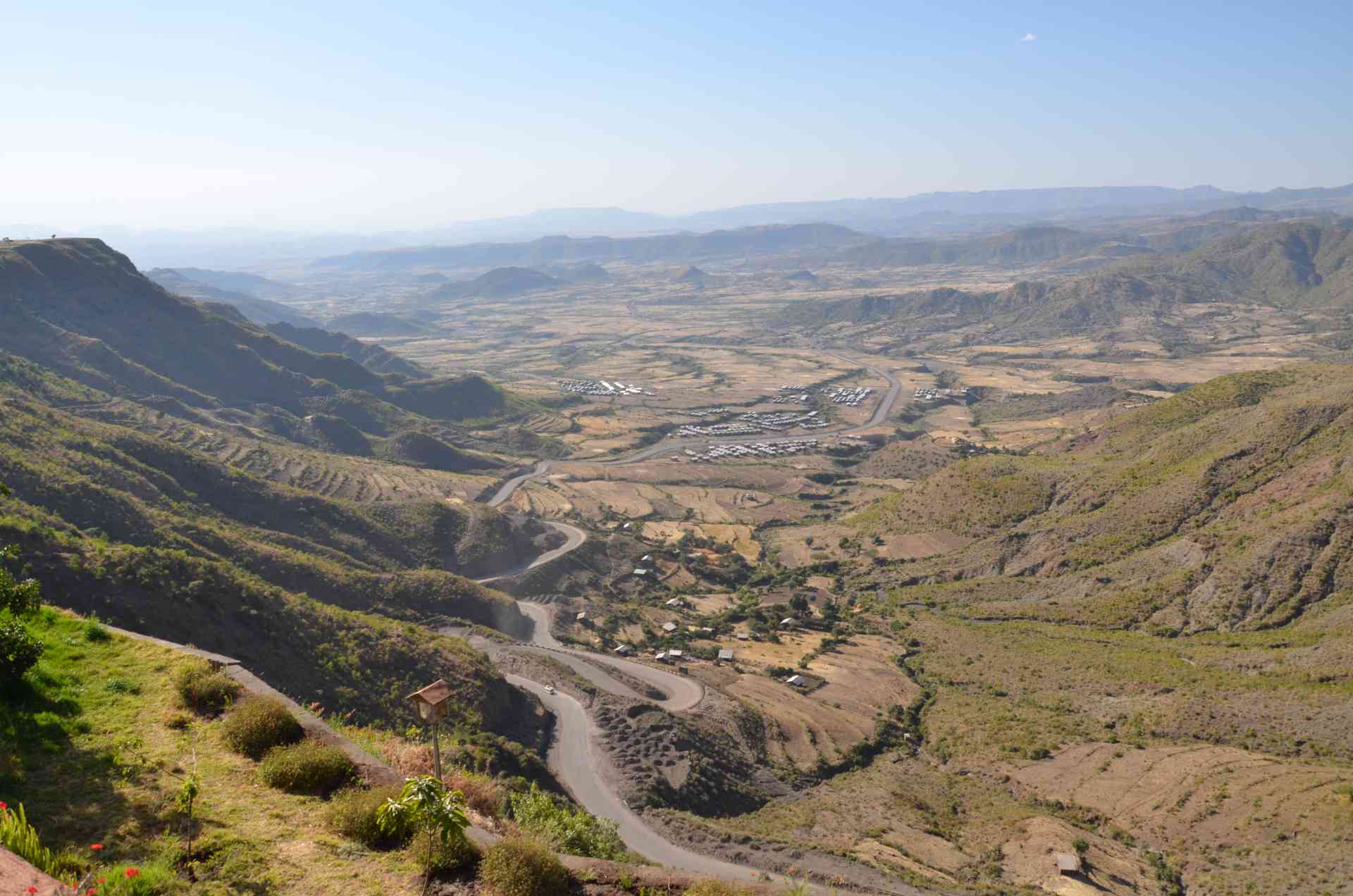Welcome to Facts Vibes! Uncover the unexpected with our latest article exploring random facts about Ethiopia. From its diverse landscapes to cultural treasures, embark on a journey of discovery as we delve into the intriguing and lesser-known aspects of this fascinating East African nation. Let’s dive in!
Exploring Fascinating Trivia About Ethiopia
Exploring Fascinating Trivia About Ethiopia
Ethiopia, an ancient land with a rich cultural heritage, is full of intriguing trivia. Here are some captivating facts about this remarkable country:
Did you know that Ethiopia is the only African country that was never colonized? Its long history of independence makes it a unique and significant nation on the continent.
Additionally, the Ethiopian calendar is quite distinct, as it consists of 13 months. Furthermore, it is roughly seven years behind the Gregorian calendar used in most of the world.
Ethiopia is home to one of the oldest Christian churches in the world, and its rock-hewn churches in Lalibela are remarkable architectural wonders carved out of solid rock.
The diverse landscapes of Ethiopia include lush highlands, deserts, and the Great Rift Valley, which is renowned for its astonishing natural beauty and geological significance.
Moreover, coffee has its origins in Ethiopia, and the country is often referred to as the birthplace of coffee. The traditional coffee ceremony, where coffee is prepared and served with great care and respect, is an integral part of Ethiopian culture.
These trivia pieces offer just a glimpse into the fascinating facets of Ethiopia, a country with a rich history and a vibrant culture waiting to be discovered and experienced.
Feel free to delve deeper into the myriad of fascinating facts about this incredible nation.
Most popular facts
Ethiopia is the only African country to have never been colonized.
True.
The Ethiopian calendar has 13 months, and New Year’s Day is celebrated on September 11th or 12th.
The Ethiopian calendar has 13 months, and New Year’s Day is celebrated on September 11th or 12th.
Addis Ababa, the capital of Ethiopia, is the headquarters for the African Union (AU).
Addis Ababa, the capital of Ethiopia, is the headquarters for the African Union (AU).
Ethiopia is home to the largest cave in Africa, the Sof Omar Caves.
Ethiopia is home to the largest cave in Africa, the Sof Omar Caves.
The Great Rift Valley, which runs through Ethiopia, is considered the birthplace of humanity.
The Great Rift Valley, which runs through Ethiopia, is considered the birthplace of humanity.
The Ethiopian national dish is called injera, a sourdough flatbread served with various stews.
The Ethiopian national dish is called injera, a sourdough flatbread served with various stews.
Ethiopia is the largest coffee producer in Africa and the fifth largest in the world.
Ethiopia is the largest coffee producer in Africa and the fifth largest in the world.
The country has 9 UNESCO World Heritage Sites, including the rock-hewn churches of Lalibela.
Ethiopia has 9 UNESCO World Heritage Sites, including the rock-hewn churches of Lalibela.
Ethiopia is one of the oldest Christian nations in the world, dating back to the 4th century.
Ethiopia is one of the oldest Christian nations in the world, with a history dating back to the 4th century.
The Blue Nile Falls, also known as Tis Issat, is a majestic waterfall located in Ethiopia.
The Blue Nile Falls, also known as Tis Issat, is a majestic waterfall located in Ethiopia.
Ethiopians follow their own unique clock system, with time starting at dawn and ending at sunset.
Yes, Ethiopians follow their own unique clock system, with time starting at dawn and ending at sunset.
Lucy, one of the oldest and most complete hominid skeletons, was discovered in Ethiopia.
Lucy, one of the oldest and most complete hominid skeletons, was discovered in Ethiopia.
Ethiopia’s national language, Amharic, has its own unique script and is one of the oldest in the world.
Amharic, Ethiopia’s national language, has its own unique script and is one of the oldest in the world.
The Danakil Depression in Ethiopia is one of the hottest and lowest places on Earth.
The Danakil Depression in Ethiopia is one of the hottest and lowest places on Earth.
Ethiopia has the largest livestock population in Africa, including cattle, sheep, and goats.
Ethiopia has the largest livestock population in Africa, including cattle, sheep, and goats.
In conclusion, Ethiopia is a country rich in diverse culture, history, and natural beauty. From its unique cuisine to its ancient traditions, there are countless fascinating facts to discover about this remarkable African nation. Whether it’s the majestic landscapes or the resilient spirit of its people, Ethiopia is truly a place worthy of exploration and admiration.
